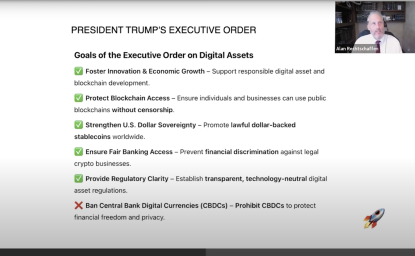The Wisdom of Gamers
January 2007 - How many players does it take to balance the budget? David Rejeski wants you to put on your game face.
January 2007 - How many players does it take to balance the budget? David Rejeski wants you to put on your game face.
BY LUCAS CONLEY
IN FAST COMPANY, ISSUE 111, December 2006/January 2007, Pg 28
David Rejeski wants you to put on your game face. "You want to tax cigarettes more?" he asks. "Go ahead. You can use the money to increase spending on education." Rejeski is director of the Serious Games Initiative. The video game he's describing, created in part for the Government Accountability Office and due out next year, uses online "cards" to help players balance the U.S. budget--like Pokémon for bureaucrats.
The hope is that players will learn more about big government, and vice versa. "We're really interested in what happens when you throw a lot of brainpower at complex issues like this," Rejeski says. They're not the only ones. Academics, politicians, lawyers, psychologists, and marketers are beginning to recognize a vast untapped resource: the wisdom of gamers.
The largest online games are home to millions of joystick-toting problem solvers. What if you asked them to take on problems bigger than, say, killing orks? At a 2004 conference, Sony's (NYSE:SNE) Raphael Koster challenged programmers to leverage players' knowledge to find intelligent life in space. Stanford's Byron Reeves, using video clips of medical samples, had players of Star Wars Galaxies diagnose cancer to advance their standing as "doctors." After 20 hours of training, players got it right 60% as often as a pathologist; 35 of the best players, on average, actually beat the pro.
The Wisdom of Crowds author James Surowiecki perks up at the notion of getting gamers to solve complex problems. "Games are an entertaining way to get people to do labor for you," he says. And gamers, coming from diverse backgrounds, can spark unconventional solutions. "There are certain fundamental assumptions that experts agree upon," Surowiecki says. "Amateurs or outsiders don't have those assumptions."
Of course, they have to want to play first. "You've got to have something that connects to people's lives in an imaginative way," says Henry Jenkins, director of MIT's Comparative Media Studies program. While best-selling games such as SimCity and Railroad Tycoon simulate real-world environments, a game about drilling for oil or predicting the weather would have to be far more sophisticated, perhaps integrating real-world data in real time. "It's an exciting idea," says Jenkins. "Technically, it's doable, but no one has done it yet."
In the meantime, says Boston Consulting Group's Philip Evans, gamers are making themselves useful in other ways. The virtual worlds in games present fertile ground for testing new product ideas and studying gamers' behaviors, since "fads spread faster and design always costs less" than in a typical market-test site in Iowa. Plus, the sound effects are cooler.

The Science and Technology Innovation Program (STIP) serves as the bridge between technologists, policymakers, industry, and global stakeholders. Read more


